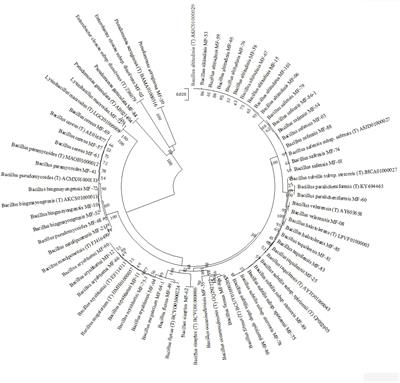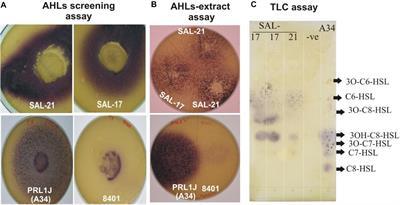EDITORIAL
Published on 22 Apr 2021
Editorial: Salt Tolerant Rhizobacteria: For Better Productivity and Remediation of Saline Soils

doi 10.3389/fmicb.2021.660075
- 2,353 views
- 10 citations
35k
Total downloads
140k
Total views and downloads
Select the journal/section where you want your idea to be submitted:
EDITORIAL
Published on 22 Apr 2021

ORIGINAL RESEARCH
Published on 12 Feb 2021

ORIGINAL RESEARCH
Published on 08 Jan 2021

ORIGINAL RESEARCH
Published on 23 Dec 2020

ORIGINAL RESEARCH
Published on 14 Oct 2020

ORIGINAL RESEARCH
Published on 02 Oct 2020

ORIGINAL RESEARCH
Published on 29 Sep 2020

ORIGINAL RESEARCH
Published on 22 Sep 2020

ORIGINAL RESEARCH
Published on 18 Sep 2020

REVIEW
Published on 26 Aug 2020

MINI REVIEW
Published on 20 Aug 2020

REVIEW
Published on 07 Jul 2020

